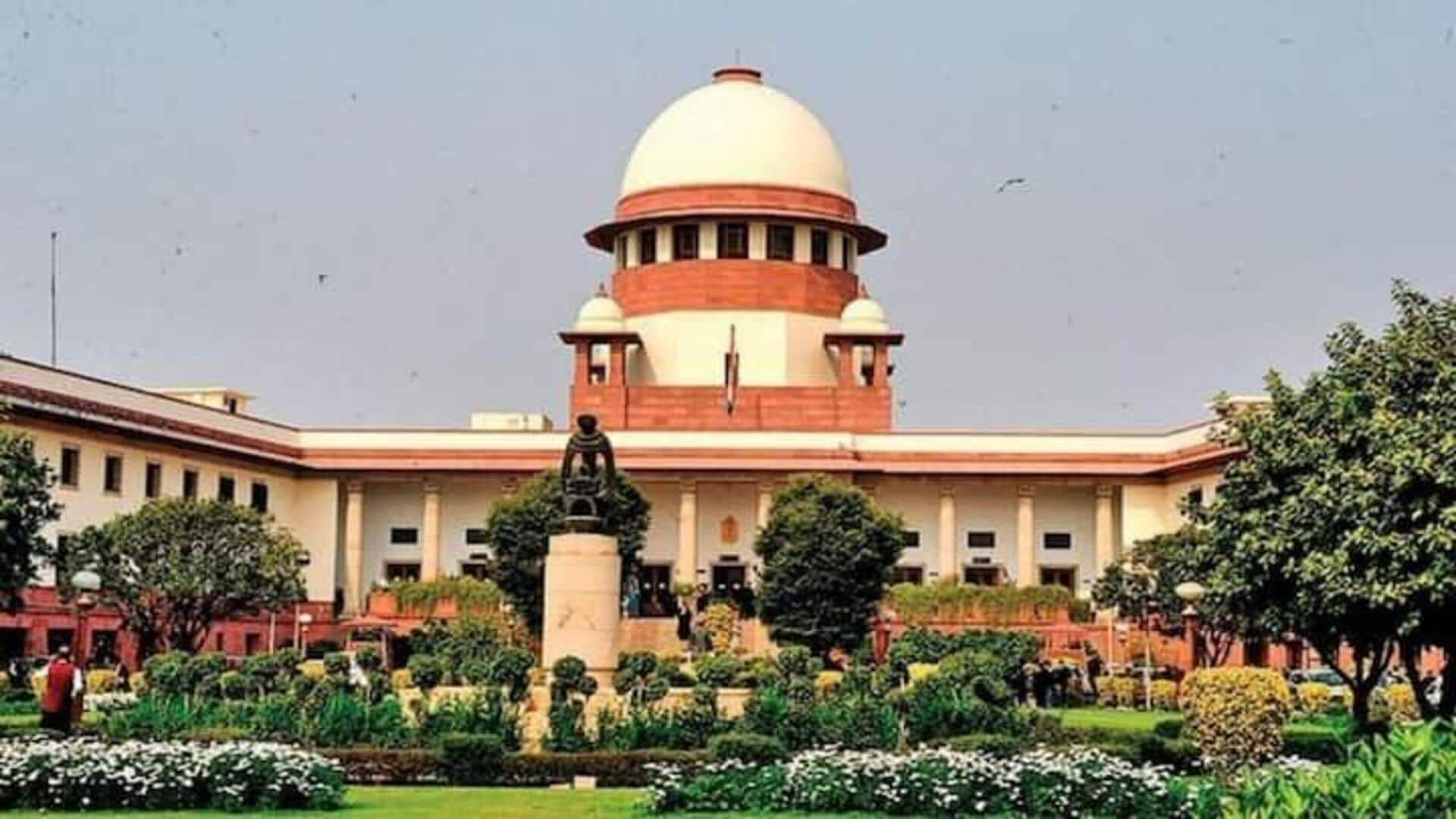
ECI correct, Aadhaar can't be accepted as citizenship proof: SC
What's the story
The Supreme Court has backed the Election Commission of India's (ECI) stand that Aadhaar cannot be treated as conclusive proof of citizenship. The court made this observation while hearing petitions challenging the Special Intensive Revision (SIR) of electoral rolls in Bihar. "The EC is correct in saying Aadhaar cannot be accepted as conclusive proof of citizenship. It has to be verified," said Justice Surya Kant, who headed the bench.
Verification concerns
ECI's power to conduct verification exercise questioned
The court also questioned whether the ECI had the power to conduct such a verification exercise. "If they don't have the power, everything ends. But if they have the power, there can't be a problem," Justice Kant said. Senior advocate Kapil Sibal, appearing for the petitioners, argued that the ECI's process could lead to large-scale voter exclusion, as many people may not be able to submit required forms for verification.
Voter exclusion
Sibal highlights large-scale voter exclusion
Sibal also claimed that voters from the 2003 electoral rolls were asked to fill fresh forms, or else their names would be deleted. He pointed out that while 7.24 crore people submitted forms, around 65 lakh names were excluded without proper inquiry into deaths or migration. "They admit in their affidavit that they did not conduct any survey," Sibal told the bench.
Exclusion figures
Court seeks clarity on excluded voters
The court then sought clarity on how the 65 lakh figure was arrived at and whether it was based on verified facts or assumptions. "We want to understand whether your apprehension is imaginary or a real concern," it said. It also asked if those entitled to receive information about missing documents were informed. The court emphasized that if a voter submitted a form with Aadhaar and a ration card, the EC must verify these details.